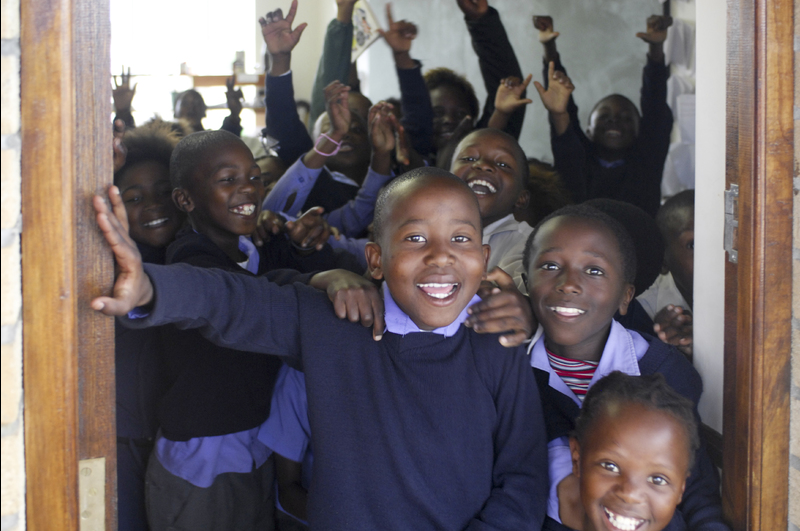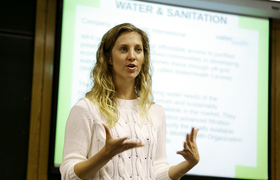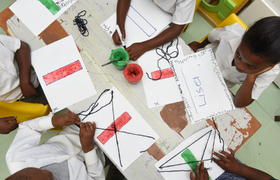The power of collective impact for schools
01 February 2018 | Story Pete van der Woude. Photo Wikimedia Commons. Read time 3 min.
UCT’s Bertha Centre for Social Innovation & Entrepreneurship is introducing a new course at the end of February that aims to build strong networks of support around the education of children and young people in South African schools in order to enable positive change.
“These networks should comprise a range of actors across the public, private and civil society sectors joined in common purpose to enhance the quality and equity of schooling in South Africa,” says Dr Allistair Witten, the course convenor of the Leading Innovative Partnerships in Extended Education (LIPEE) course at UCT’s Graduate School of Business.
The course works to strengthen the capacity of schools, social purpose organisations and governments, to lead and sustain the partnerships that form these networks.
“A critical mechanism to enable positive change – in our schools – is the building of strong networks of support around the education of children and young people.”
Many low and no-fee public schools in South Africa are vulnerable to the challenges of relatively poor resourcing and educating children whose development is affected by hunger, poverty, ill-health, malnutrition, violence, abuse, and neglect. Schools, on their own, will not be able to provide learners with quality education if these systemic challenges are not addressed.
Given that some of these challenges are societal, ie they arise out of the structural arrangements of the country, a collective effort to address them is required.
Improving quality and impact
Within the South African educational sector there are already many social purpose organisations – such as Shine Literacy, Ikamva Youth and See Saw Do – carrying out important and impactful work in and around schools to support the holistic development of learners in the face of these challenges.
Their contributions, though important and necessary, often sit on the periphery of the school’s activities and are not integrated into its core operational plans or that of the educational district. In situations like these, the effects of programmatic interventions become diluted, and the sustainability of the work is affected negatively.
“In order to improve the quality and impact of these interventions it is imperative that high-quality innovative and collaborative partnerships between schools and organisations are led well and sustained to provide a system of support for schools,” says Dr Witten.
In many instances, the leadership and management of schools are eager to develop the technical capacity required to effectively understand and embrace the contributions of organisations that have demonstrated a positive impact. The key outcome should then be to develop these key relationships, integrate them into formal teaching and learning across the extended school day (during and after existing school hours).
This is the key focus of the LIPEE course, which builds on the Bertha Centre’s systems innovation and entrepreneurship experience and research.
The course will start in Cape Town on Saturday, 24 February.
 This work is licensed under a Creative Commons Attribution-NoDerivatives 4.0 International License.
This work is licensed under a Creative Commons Attribution-NoDerivatives 4.0 International License.
Please view the republishing articles page for more information.










